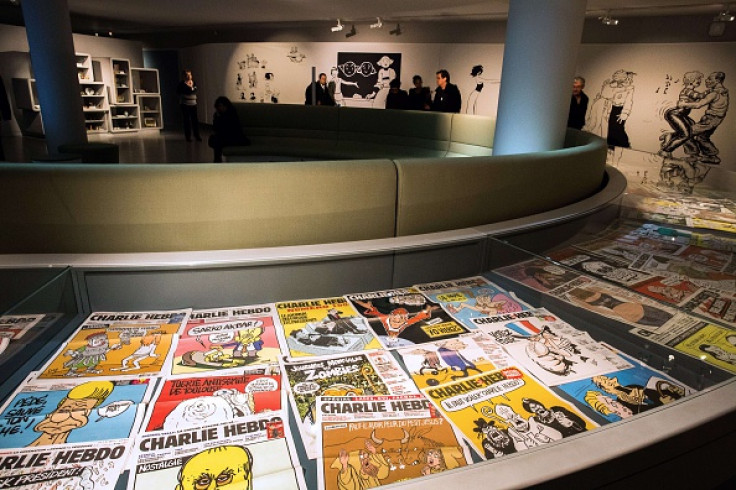Charlie Hebdo Brussels attack and Islamophobia editorial labelled 'racist' by readers

Charlie Hebdo has again drawn criticism for its latest editorial. The column, How Did We End Up Here? in the French satirical weekly, has been termed by many as "bigoted" and "racist" for suggesting that terror attacks like the recent Brussels bombing do not happen without direct or indirect contribution from all Muslims.
In the editorial, published both in French and English, the magazine's editors said people do not oppose wrongdoings or speak up about them because of Islamophobia. While people keep wondering if incompetence of police force or immigration or colonialism are the real reasons behind the terror attacks, they are "the last phase of a process of cowing and silencing long in motion and on the widest possible scale," the editorial read.
The editorial categorically pointed out the recent lecture by Islam preacher Tariq Ramadan at Sciences Po, the elite French public research and higher education institution in Paris, noting that Ramadan will do nothing wrong like shooting journalists at an editorial meeting or making bombs, but will only talk, write and preach about Islam.
"Others will be doing all that kind of stuff. It will not be his role. His task, under cover of debate, is to dissuade people from criticising his religion in any way. The political science students who listened to him last week will, once they have become journalists or local officials, not even dare to write nor say anything negative about Islam. The little dent in their secularism made that day will bear fruit in a fear of criticising lest they appear Islamophobic. That is Tariq Ramadan's task," the editorial read.
The editorial further stated that ordinary people like a burqa-clad women, a Muslim baker and a group of young Muslim men, all contribute to terror attacks and have their predefined roles in the scheme of events.
Citing a fictitious scenario, where a group of young men are headed towards the Brussels airport in a taxi, while a baker is at work in his bakery and veiled women are strolling on the streets, the editorial states, "And still, in this precise moment, no one has done anything wrong. Not Tariq Ramadan, nor the ladies in burqas, not the baker and not even these idle young scamps. And yet, none of what is about to happen in the airport or metro of Brussels can really happen without everyone's contribution. Because the incidence of all of it is informed by some version of the same dread or fear...The dread of being treated as an Islamophobe or being called racist. Really, a kind of terror."
The social media was flooded with strong reactions, mainly condemnation for "demonising" Islam in the editorial. The Guardian noted that criticism came mainly from the US and the UK.
In a tweet, Shadi Hamid, a writer and senior fellow at the Brookings Institution, termed the editorial as "remarkably bigoted" and "lazy, vacuous & unself-consciously absurd." Teju Cole, a Nigerian-American writer and photographer, in a Facebook post compared the generalisation in the editorial to the demonisation of Jews in Europe during the 1930s. Besides criticism, the editorial reportedly also received appreciation from some readers.
© Copyright IBTimes 2024. All rights reserved.





